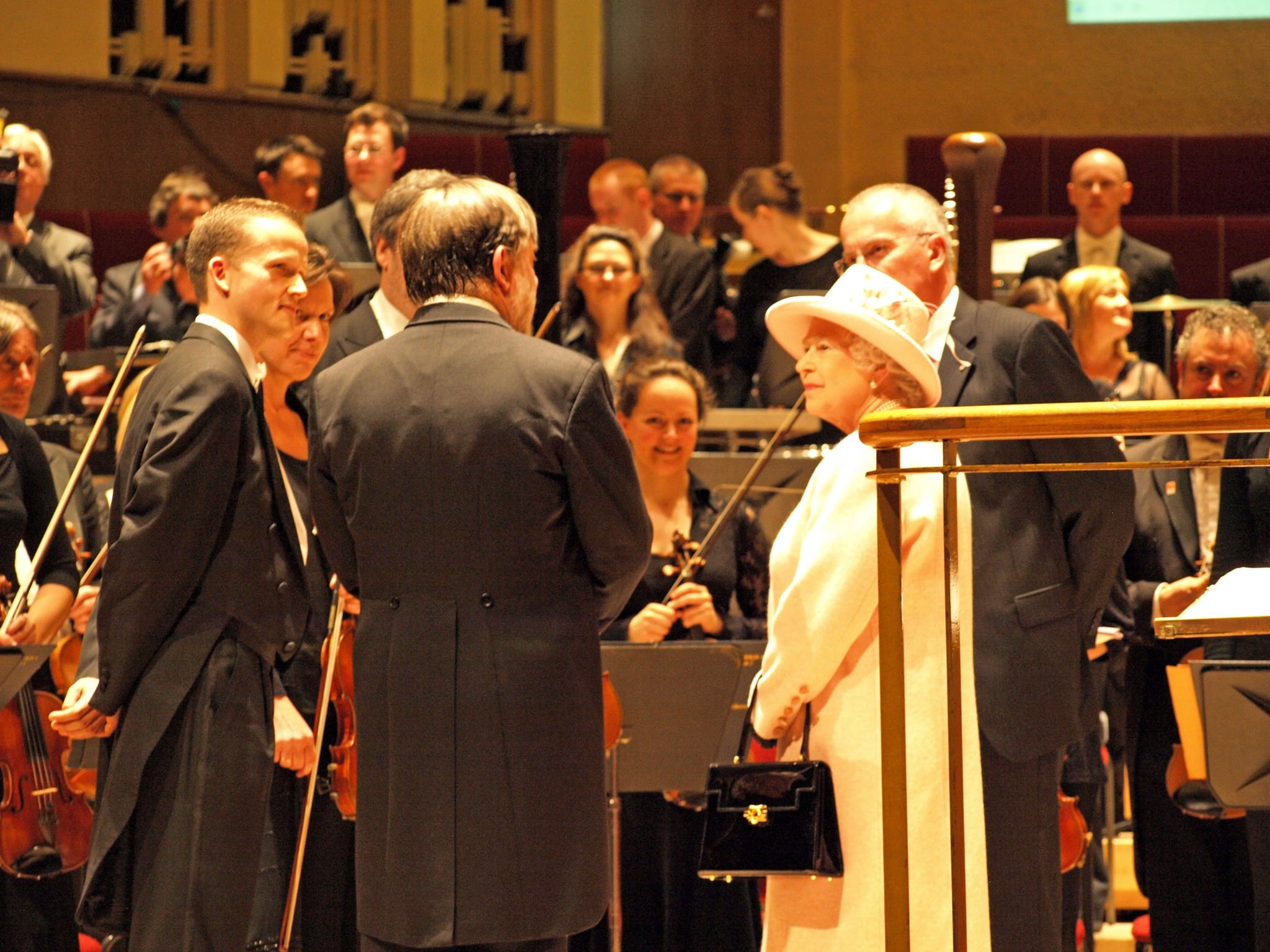Exclusive: Musicians in US orchestra seek to drop their union
mainMusicians in the Colorado Symphony Orchestra have filed to decertify from their union, the American Federation of Musicians., from representing them in contract negotiations.
The causes of dissension are obscure and both sides are staying tight-lipped, but a petition has been filed here and a vote is expected soon.
The move is part of a growing disaffection in classical orchestras with the AFM under the flamboyant leadership of Ray Hair. Last year, the Charleston Symphony Musicians left the AFM and we hear of further troubles brewing in Montreal and Los Angeles.
Watch this space.






When Ray Hair was the head of the Dallas- Fort Worth local he called me all the way over in Ohio to berate me for comments I made on the Van Cliburn Competition web site about the marginal quality of the orchestral accompaniment in the finals. Not the kind of a guy you want representing the nation’s professional orchestra musicians.
The CO musicians want to undercut the provisions of the IMA – Integrated Media Agreement – signed on to by US orchestras across the country. Obviously, the AFM has a big problem with the undercutting of industry-wide standards.
The Charleston Symphony situation has resulted in the elevation of a former principal trumpeter who was orchestra committee chair, pushing for the desertification for his own gains, to CEO of the organization. Benefits have gone out the window.
Montreal is part of wider separatist streak in Quebec Province existing for many years.
I’m assuming they’re “tight-lipped” because of backlash over their desire to leave. I’m just glad this movement is gaining momentum. Allow the best musicians to stay and the worst to expose themselves.
This is great news.
A basic problem for American orchestral musicians and the AFM is that they are often provide the bulk of the dues to the local – since they have the steadiest work – but many of the priorities pushed by the local may not be in their interest. This was, if memory serves, one of the main factors behind perhaps the biggest AFM decertification, in Seattle in the late 1980s. The musicians then went on to form their own union – the International Guild of Symphony, Opera, and Ballet musicians – which became the bargaining unit for those musicians. Recording was also a major issue; musicians were willing to work for less than AFM rates, both to get the extra work, and also to help build the orchestra’s reputation.
As for the current situations, I have no idea. But Quebec in general is a militantly unionized place, and the Montreal Symphony, at least a few years ago, was no exception. But they’ve had problems with the local going back to the contretemps that led to Charles Dutoit’s departure, and it could be that today’s orchestra wants a different dynamic.
First sentence is right on.
The AFM needs to learn how to be a representative union to all of it’s members or this will continue to happen.
To NYMIKE, those industry-wide standards are working really well?……..really?……….I really enjoyed that movie with the Bratislavian Folkville Philharmonicka
Those who are unable to change get to watch the Bratislavian Folkville Philharmonicka take our work and watch our union try to sue the entire planet with our dues.
None of the three situations mentioned have anything to do with musicians’ perceptions of Ray Hair. Charlotte was about one group within the orchestra throwing another group under the bus and the Local not liking it. Colorado is (apparently) about national media agreements (as was Seattle, of course). And Montreal is a long-standing mess that predates Ray Hair’s presidency.
You mean Charleston, not Charlotte. Big difference and let’s be accurate. They are not even in the same states.
You’re right; brain fried after 3 hours of Donizetti-induced pain.
Actually, Seattle SO’s desertification was about a non-responsive Local 76 ignoring orchestra members’ needs during contract-bargaining. The media stuff came later.
Keep up the good work Ray.
I wouldn’t presuppose to know what’s best for the musicians of the Colorado Symphony, but I do hope that all of the pros and cons of the matter are given a full airing before the vote takes place. Regardless of the outcome, I don’t care for the negative and/or alarmist rhetoric that comes from the union when situations like this occur – it’s like being in the political echo chamber of a Sunday morning political show here in the USA.
union / management polarization was – in my experience- never conducive to music making .union membership as a mandatory requirement of symphony employment left a
Bad taste in my mouth .
We really can have fair and equitable conversations with out employers – and even disagree .
The AFM necessarily has many characteristics of a guild, as well as of a union, in order to service its various constituencies as well as types of work. Of course this leads to conflicting interests. Then there are inevitable differences of opinion about real and imagined issues within particular situations. I can’t speak to any of the Colorado issues with any knowledge of the situation. But I am concerned that the strengths of having an international union, such as viable strike fund, knowledgeable negotiators, strong agreements with media operators, etc., strengths which do set wage standards that at least filter down to lower echelons of the music field are weakened by any defection. Of course working musicians at every level prefer to have cordial relations with our employers.Yet time and again we’ve seen employers ask musicians for huge give backs, impose unacceptable demands, lockouts, etc. I think the solidarity shown by the International and by musicians all over in the recent Minnesota Orchestra situation bears this out. Especially at this time, with labor standards under attack in a general way, I question the wisdom of dissociation. It seems the best, if imperfect, guarantee of cordial relations is to be well organized.